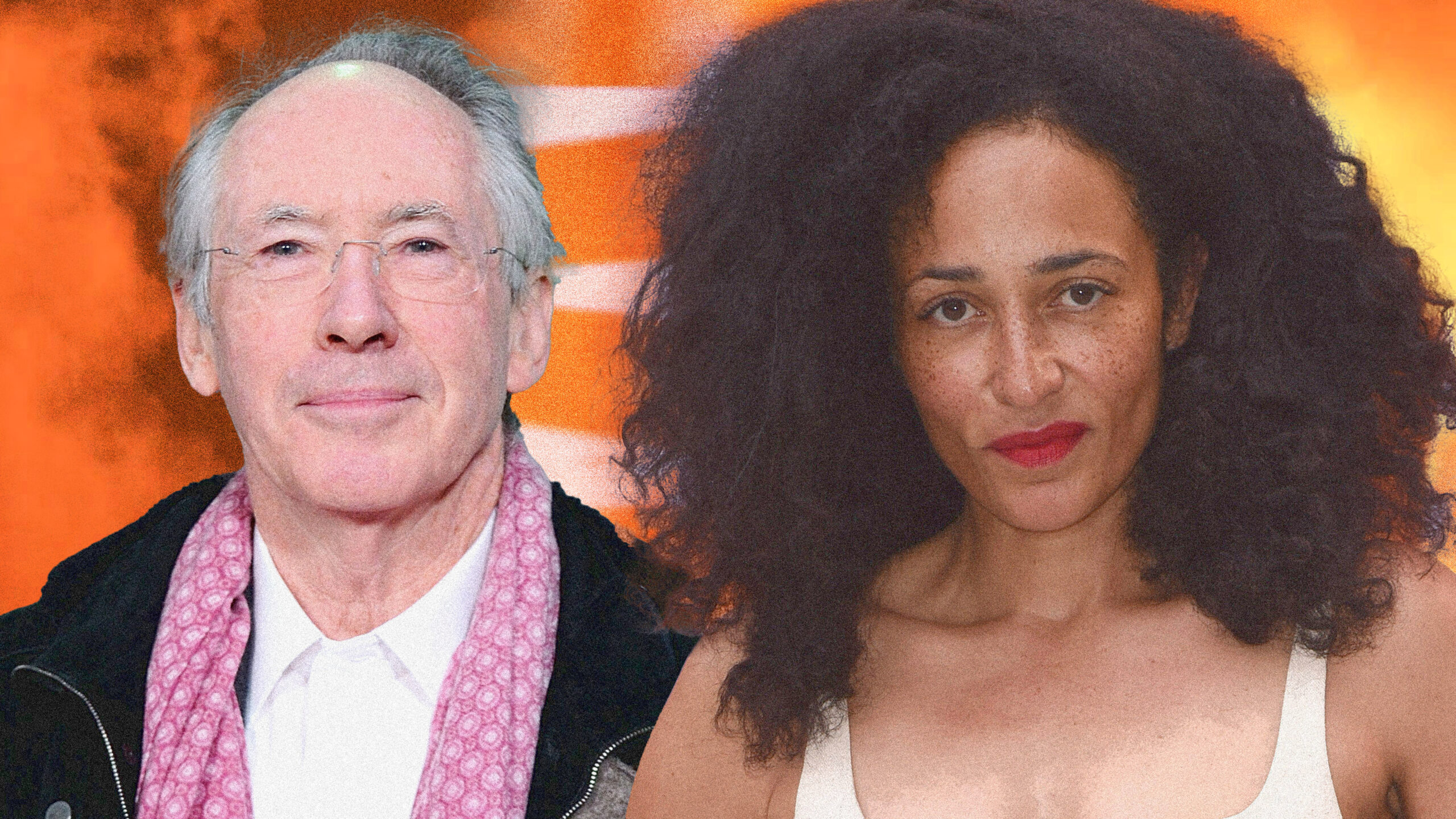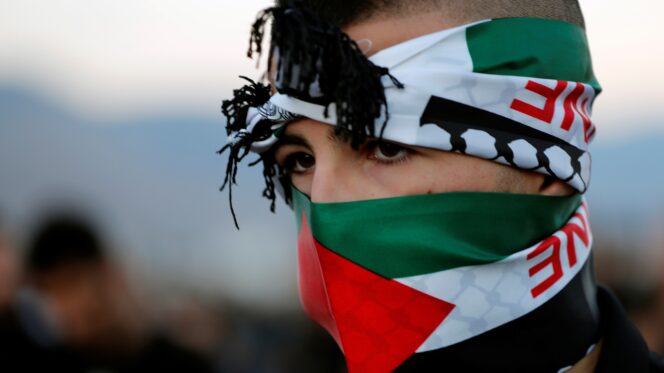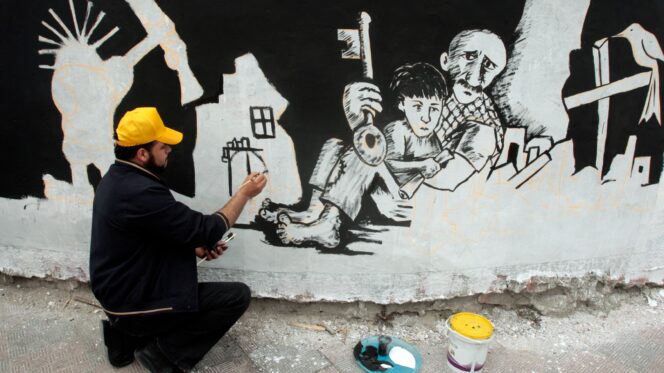20 Months Into the Genocide, Zadie Smith and Ian McEwan Discover Their Backbones
Slow clap.
by Nadeine Asbali
2 June 2025

Paywalls? Never. We think quality journalism should be free for everyone – and our supporters make that possible. Chip in today and help build people-powered media that everyone can access.
It may have only taken 600 days of genocide, but some of the most prominent writers in the UK have finally decided to speak up against Israel’s brutal annihilation of Gaza and its people.
The open letter signed by almost 400 literary heavyweights – from Zadie Smith to Ian McEwan, Jeanette Winterson to Elif Shafak – has received praise and admiration across the board, renewing calls for politicians to follow suit.
When shared on their social media platforms, comments below are awash with words like ‘bravery’ and ‘courage’, and people thanking the signatories for showing moral strength where others have failed.
But is it really brave to simply echo what others – including the UN and Palestinians on the ground – have been saying for almost two years? Is it really courageous to cling to the coattails of a bandwagon that is already hurtling towards a certain conclusion: that Israel is committing genocide in Gaza and that failing to speak out about that is complicity at worse and selfish apathy at best? Penning such a letter at this stage feels more like making sure your name is on the right side of history, rather than meaningful resistance.
The open letter states: “We refuse to be a public of bystander-approvers […] this is about our moral fitness as the writers of our time, which diminishes with every day we refuse to speak out and denounce this crime.” The question this poses is: why, exactly, has it taken so long?
Of course, some will say that to speak up now is still better than not speaking up at all, and the more prominent figures standing up to Israel’s unconscionable acts the better – no matter how shamefully long it happens to have taken them to do so. But is that really the standard we hold our public figures to? To speak out at the exact point it poses the least threat to their careers – when the tide has already turned and the path has already been conveniently smoothed by those who actually risked something with their solidarity?
It’s not just about the timing of this open letter. It means something that these are writers – the people we trust to immortalise the human condition on paper, whose stories we study at school, whose worlds we devour late into the night. Their thoughts constitute the modern canon, we trust their art to mirror, critique and challenge the world we live in.
As a secondary school English teacher, I have dedicated my career to exposing the next generation to the paradigms constructed by these same voices. I have spent hours in stuffy classrooms with teenagers analysing McEwan’s prose, unpicking Zadie Smith’s ideas, deriving hope and meaning from the worlds writers like them have created on the page. To learn that these very same people chose two years into a genocide to finally draw the line feels like a betrayal of the position we afford writers.
If art upholds the status quo rather than interrogating it, if it shrinks away in silence and complicity rather than standing with the besieged and the oppressed – then what is the point of it at all?
The open letter includes the line, “Too often, words have been used to justify the unjustifiable, deny the undeniable, defend the indefensible.” This feels painfully ironic given that almost a year ago to the day, one of the most famous signatories of the letter, Zadie Smith, wrote an article in The New Yorker in which she stated that, “in the case of Israel/Palestine, language and rhetoric are and always have been weapons of mass destruction” – as though decades of occupation really comes down to semantics.
She also implied that such activism amounts to antisemitism: “A Jewish student walking past the tents […] finds herself referred to as a Zionist, and […] is in that moment, the weakest participant in the zone.”
Her words carried weight and did exactly what this open letter claims to reject – after all, she is Zadie Smith: a conveniently diverse mascot of liberal ideas – and arguably helped to manufacture consent for the clamping down on pro-Palestinian activism on university campuses across the western world.
We can see the catastrophic conclusion of this, of course, in the way the Trump administration has punished universities like Harvard and the indefinite detention of Columbia graduate Mahmoud Khalil for his role in organising the mass demonstrations.
Whilst these apparent guardians of the written word receive pats on the back for finally echoing what has been harrowingly blatant for many months, I think it’s worth remembering those who came before them. Those who risked their fortunes and platforms to speak up for Palestine before it reached the point that only the utterly morally bankrupt could deny Israel’s crimes.
If we are to admire any public figure, should it not be the courage and integrity of those such as Sally Rooney, a longstanding critic of Israel, who hasn’t merely offered empty words but followed up with substance like turning down deals with Israeli publishers? Or the recently ousted Gary Lineker for putting his career on the line to advocate for Gaza?
So, to those who are speaking up now, welcome to the right side of history. But is this really the number of dead bodies it took you to finally choose to be outraged?
Nadeine Asbali is a freelance writer and author of Veiled Threat: On Being Visibly Muslim in Britain.


